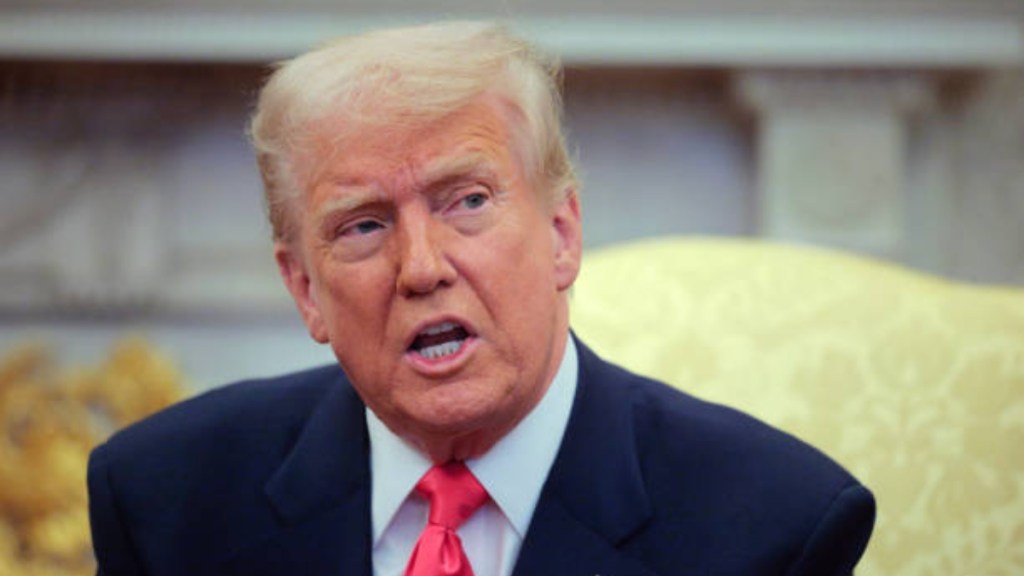President Donald Trump on Friday indicated that there will be “flexibility” in his reciprocal tariff plan, even though he appeared reluctant to make exceptions for the upcoming duties.
“People are coming to me and talking about tariffs, and a lot of people are asking me if they could have exceptions,” Trump said while speaking to reporters in the Oval Office. “And once you do that for one, you have to do that for all,” he added.
A strong proponent of tariffs, Trump emphasised that he had not changed his stance, even though he had previously granted top automakers a one-month exemption from an earlier round of import duties in March. “I don’t change. But the word flexibility is an important word,” he said. “Sometimes it’s flexibility. So there’ll be flexibility, but basically it’s reciprocal.”
Trump has described the April 2 start of his reciprocal tariffs as America’s “liberation day.” According to the administration, the plan would impose matching tariffs on countries that levy duties on U.S. goods. It may also target countries that adopt non-tariff measures like value-added taxes, which the administration sees as trade barriers.
Trump also mentioned that he plans to speak with Chinese President Xi Jinping. In response to Trump’s broader tariffs on Chinese goods, Beijing has already imposed retaliatory duties on American agricultural products.
Since returning to office, Trump has announced a series of tariff measures, raising investor concerns and fueling fears of a potential trade war.

